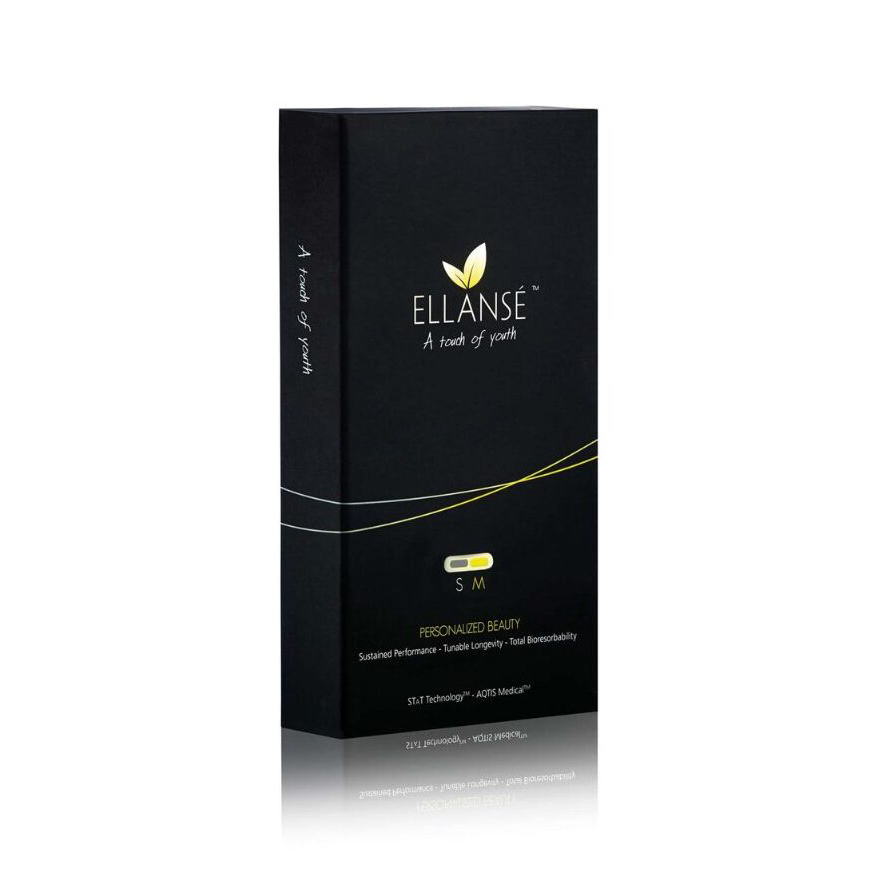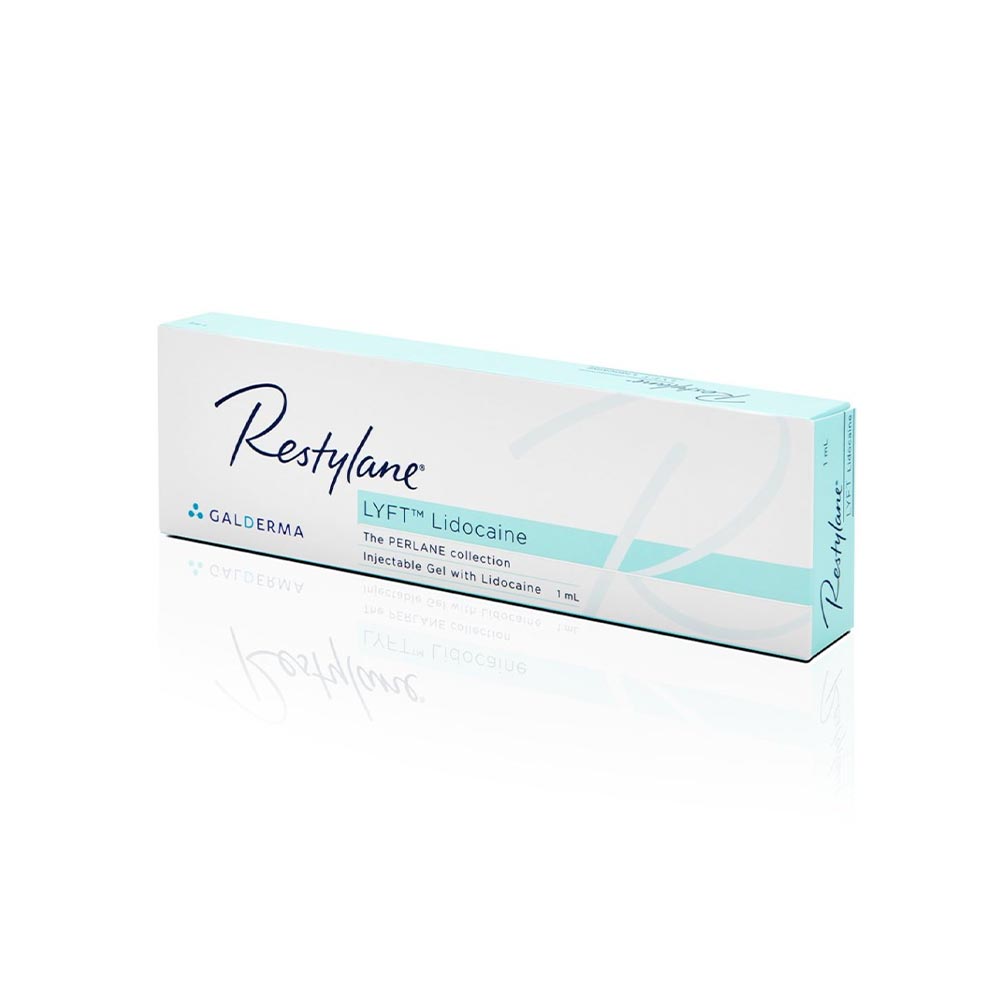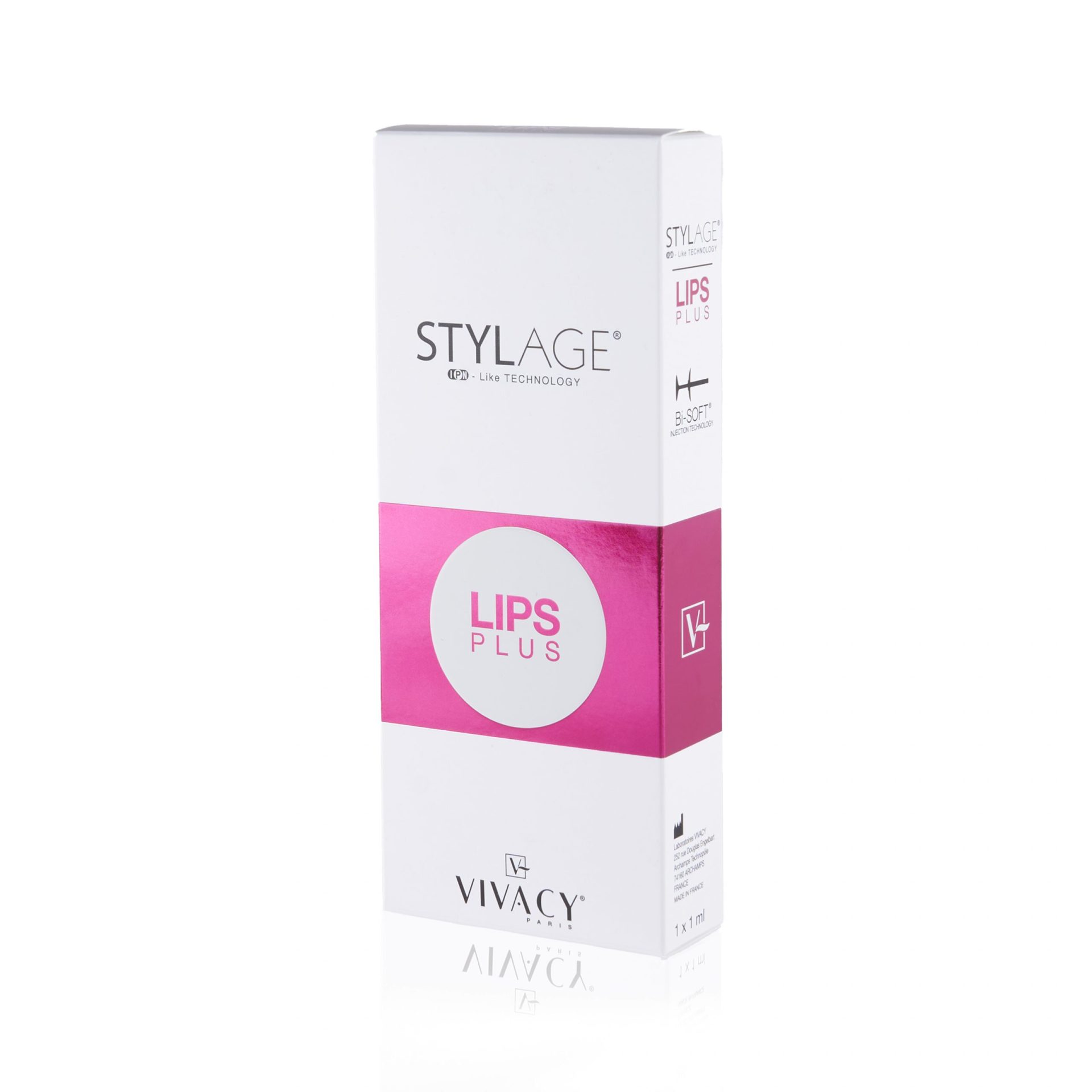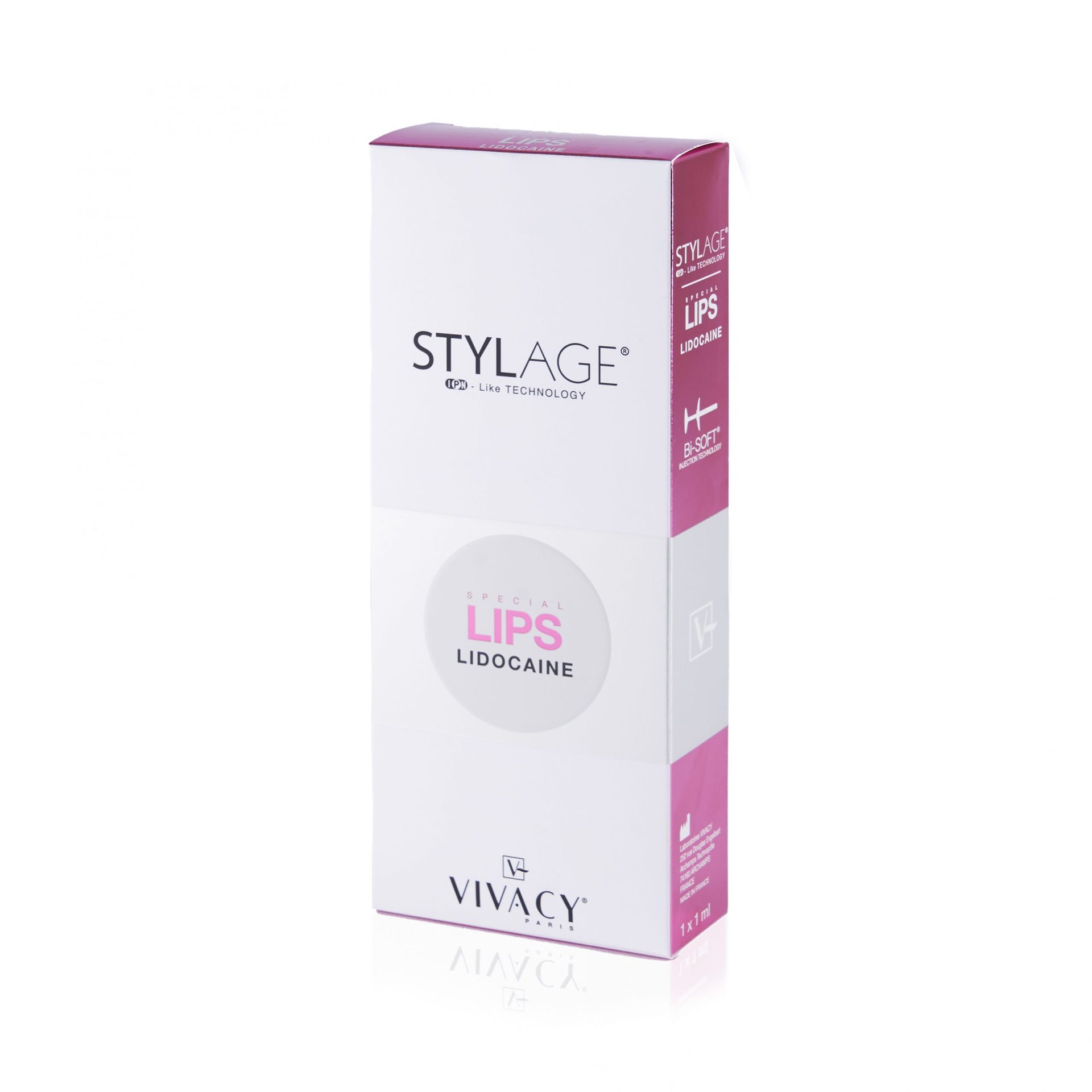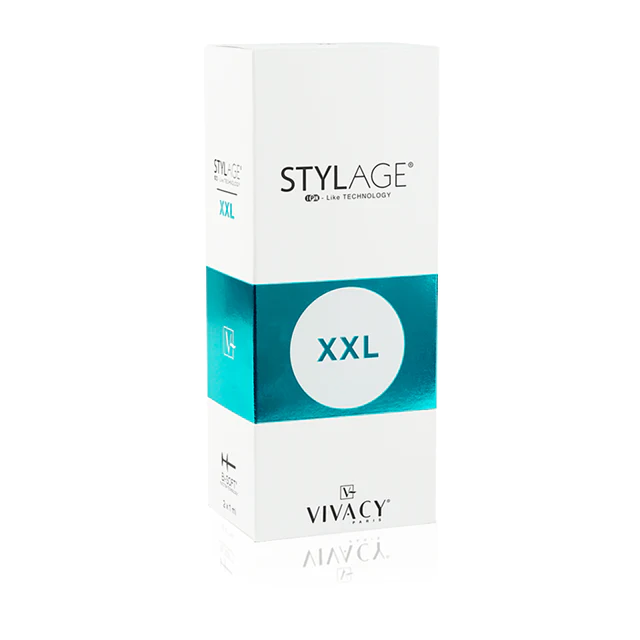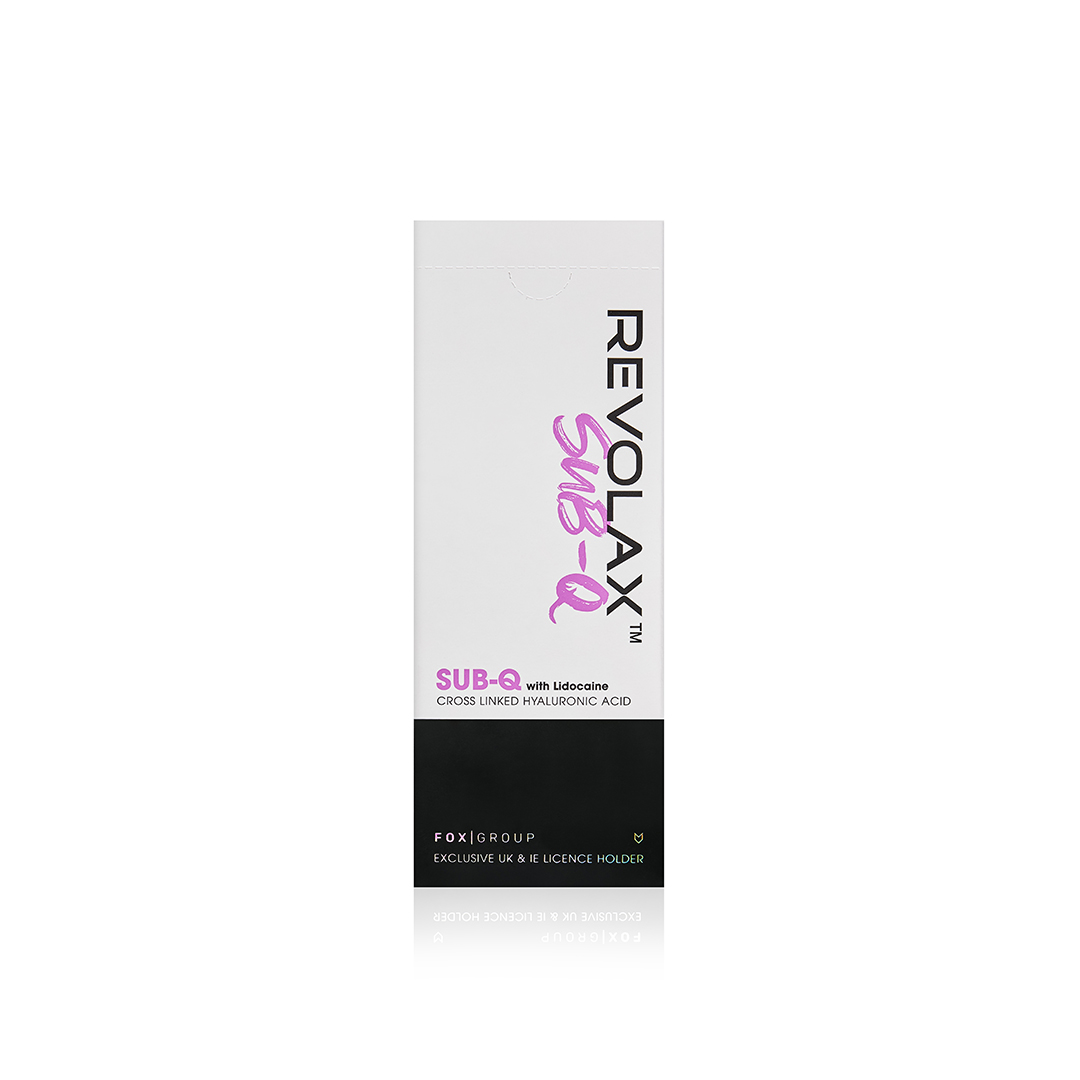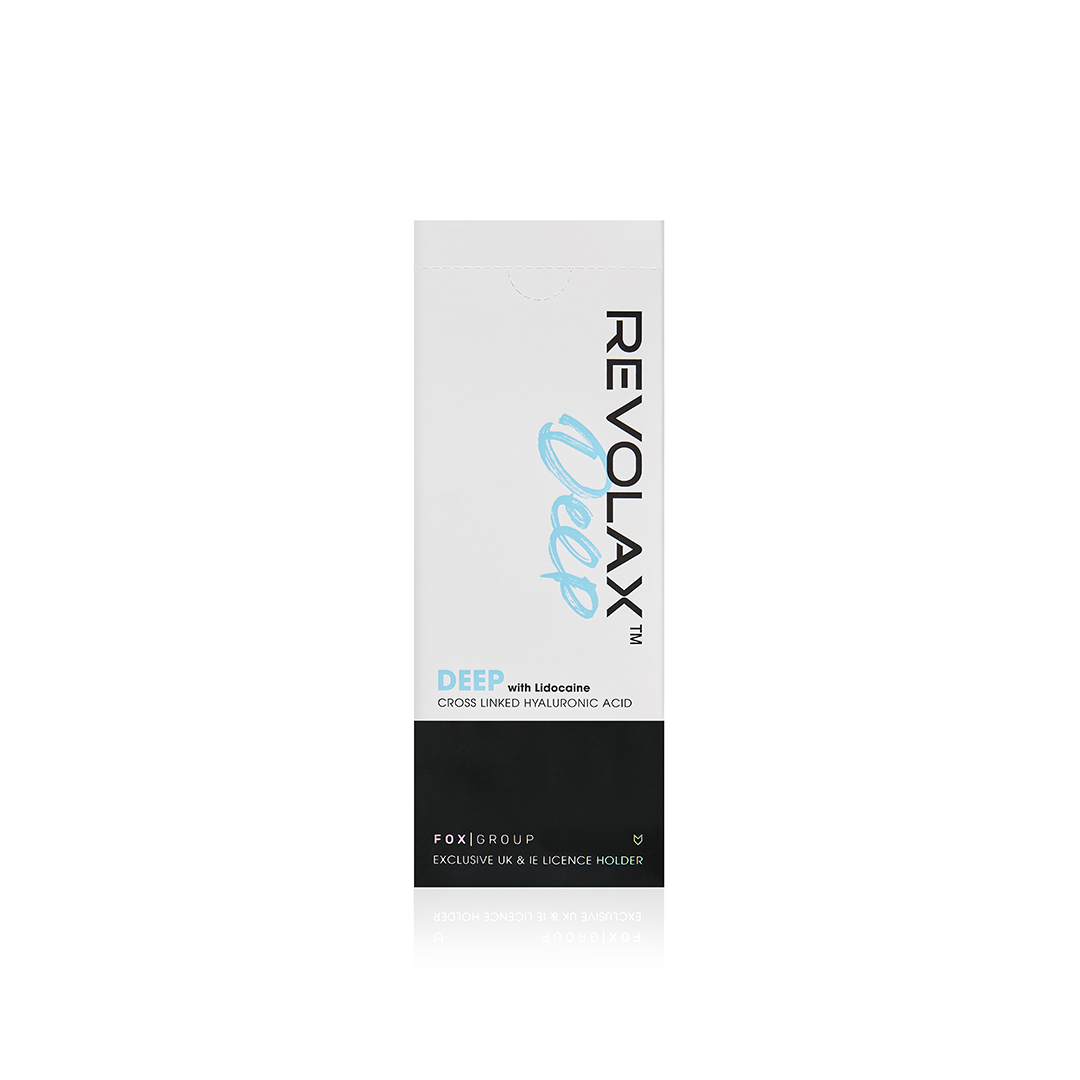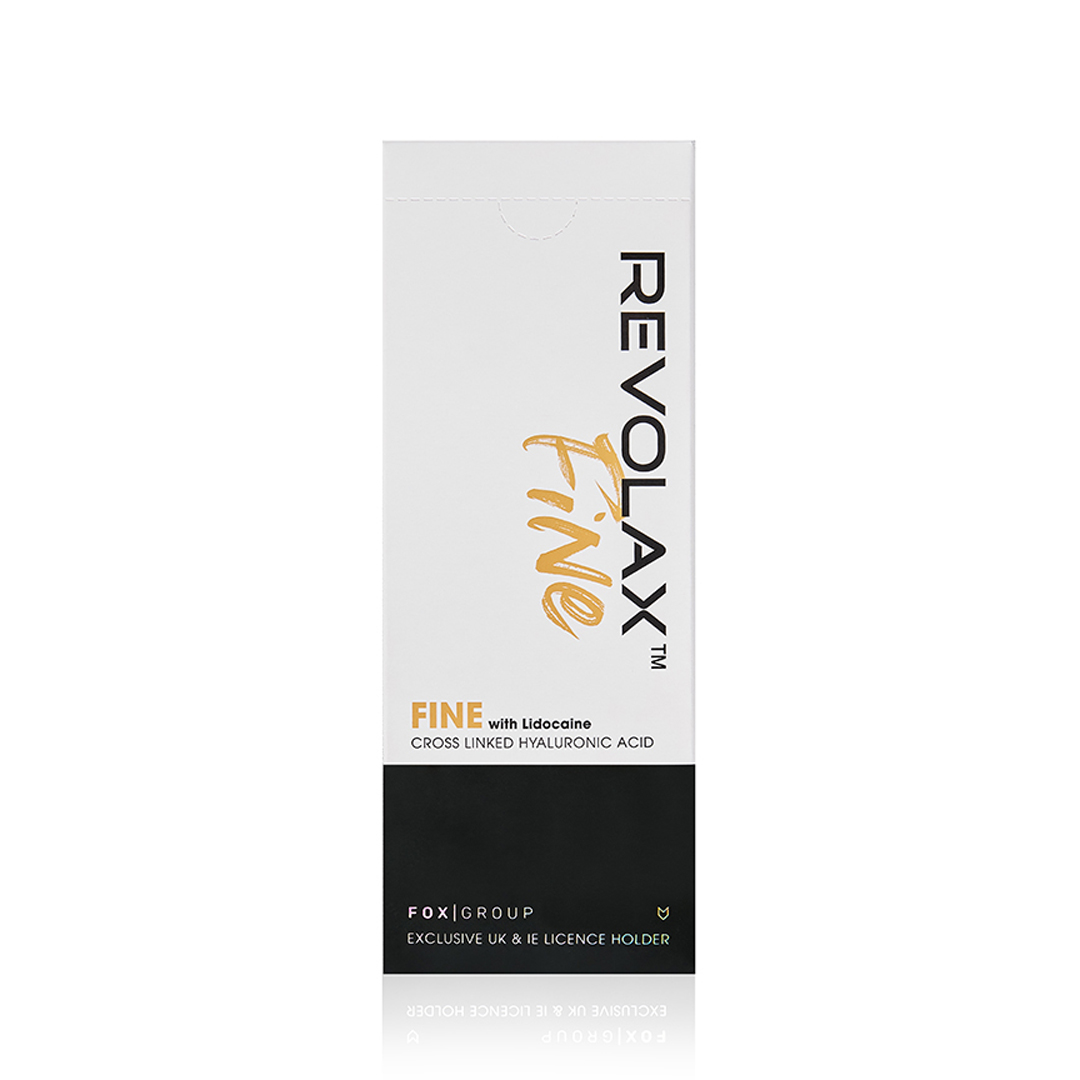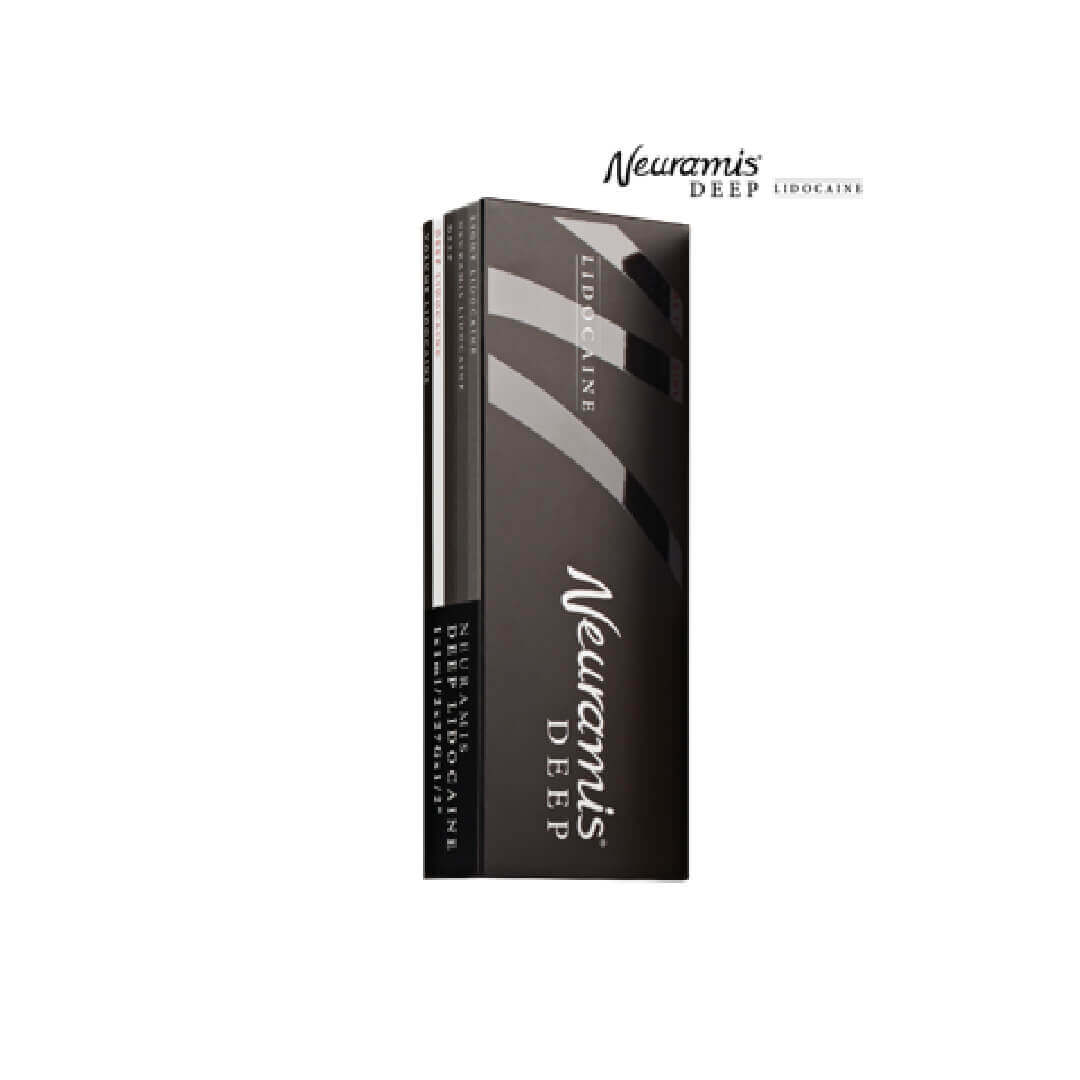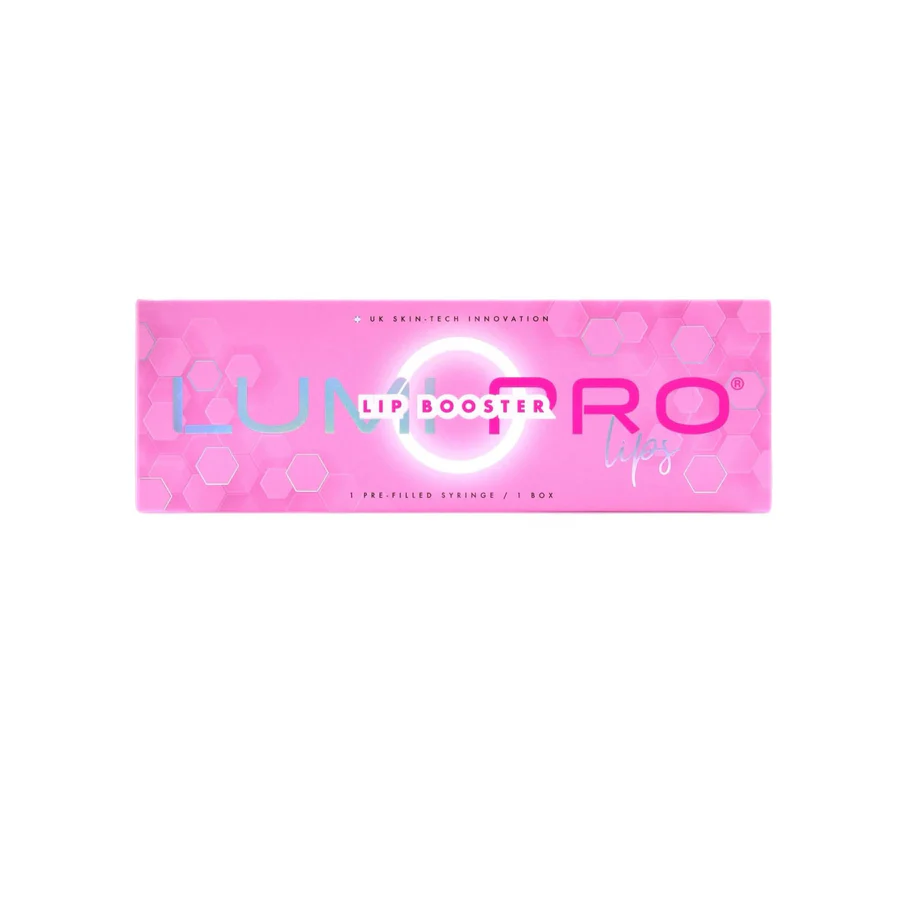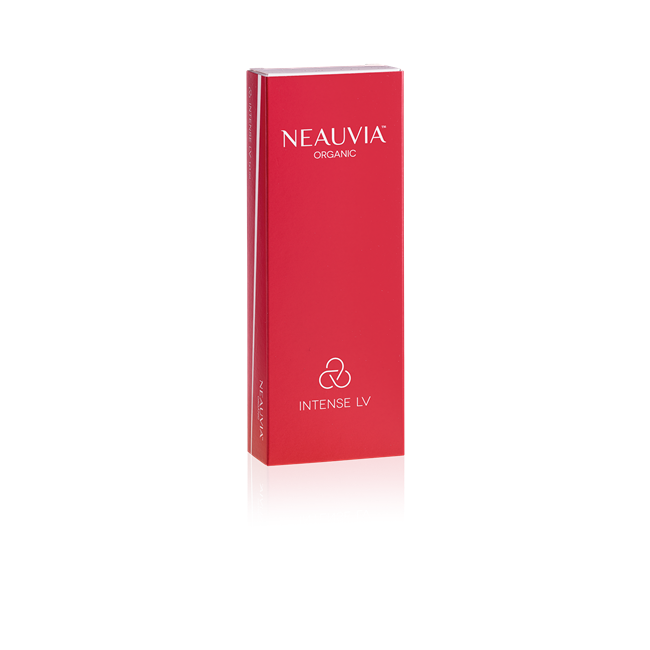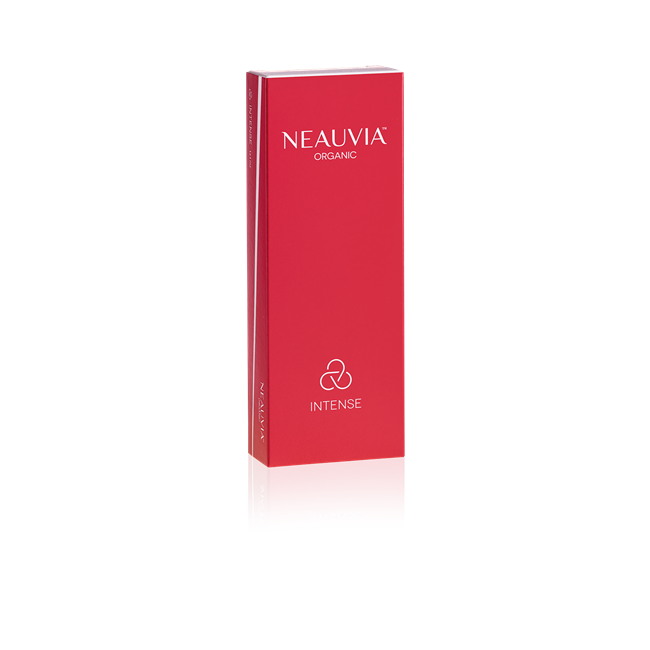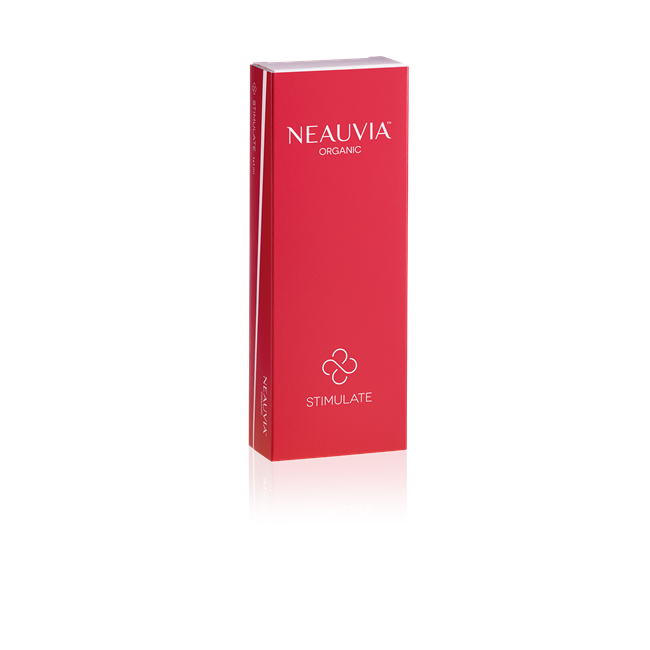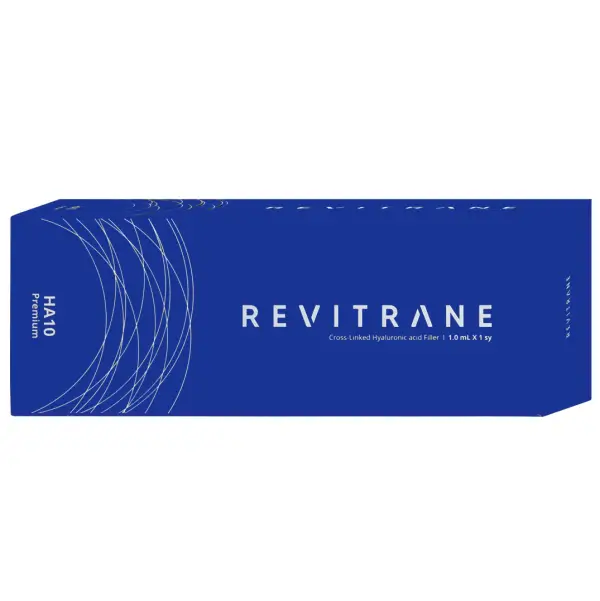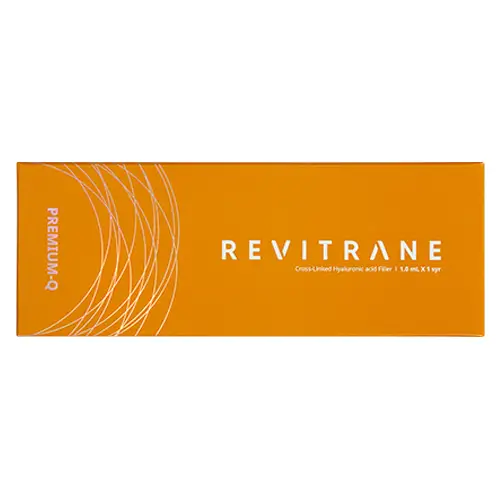Filter by price
Filter by Brand
Categories
- aesPlla (0)
- EPTQ Dermal Filler (3)
- Exquiller Dermal Filler (4)
- iLLUMA Dermal Filler (0)
- Intraline Dermal Filler (3)
- Juvederm Dermal Filler (5)
- Kairax Dermal Filler (3)
- Lumi-Pro Lip Booster (1)
- Lumifil Dermal Fillers (3)
- MONALISA Dermal Fillers (4)
- Neuramis Dermal Fillers (3)
- Regenovue Dermal Fillers (3)
- Restylane Dermal Fillers (5)
- Revolax with Lidocaine Dermal Fillers (3)
- Saypha Fillers (1)
- Teosyal Dermal Fillers (11)
Dermal Fillers are a type of aesthetic product that can help reduce the appearance of wrinkles, fine lines, and other signs of ageing. These products are typically made from hyaluronic acid, a substance that occurs naturally in the body and helps to hydrate and plump the skin.
Dermal Fillers can be used to add volume and contour to the face, lips, and other areas of the body. They are often used in conjunction with other aesthetic treatments, such as Botox injections, to help achieve a more youthful and refreshed appearance.
There are several types of dermal fillers available, each with its unique properties and benefits. For example, some dermal fillers are designed to be used in specific areas of the face, such as the cheeks or under the eyes, while others are more versatile and can be used in multiple areas.
Not all dermal fillers come with an accompanying needle for administration. Have a look at our Consumables range to find the right needles for your procedures.
Frequently Asked Questions
Dermal fillers are substances that are injected into the patient’s face and lips to help add volume. They can be injected into desired areas, such as the lips, jaw, chin, cheeks, forehead, and areas where ageing has occurred.
The results from dermal fillers are not permanent; they last between 6-18 months.
Most UK dermal fillers contain hyaluronic acid (HA), which helps to moisturise the skin.
Yes, on rare occasions, dermal fillers can move. This is known as filler migration.
Filler migration can be avoided by ensuring you choose a qualified professional who is experienced at injecting dermal fillers.
After having dermal fillers, your patient should avoid the sun for around 2 weeks. Over exposure to sun can irritate skin, impacting on the healing process. It can also trigger an outbreak of cold sores around the lip filler injection sites.
Dermal filler prices can vary, depending on the aestheticians and their experience and qualifications. Additionally, the type of product used and the number of syringes can impact on the price. Generally, dermal filler can cost from around £200.
Juvederm and Restylane tend to last longer than other fillers, their duration being between 1 and 2 years. These dermal fillers are durable and both contain hyaluronic acid (HA).
Dermal fillers usually last between 6 to 18 months, depending on the area being treated and the type of product used.
Dermal fillers are costmetic, whilst botox injections are prescription only as they are classed as a medicinal treatment.
Dermal fillers use hyaluronic acid to fill in or plump areas. On the other hand, botox is used to paralyse the muscles of an area that is showing ageing, to help reduce fine lines and wrinkles.
So far, there has not been extensive or conclusive studies into whether you can get dermal fillers whilst pregnant. But, since there could be undiscovered side effects, we recommend to refrain from the use of dermal fillers during pregnancy.

